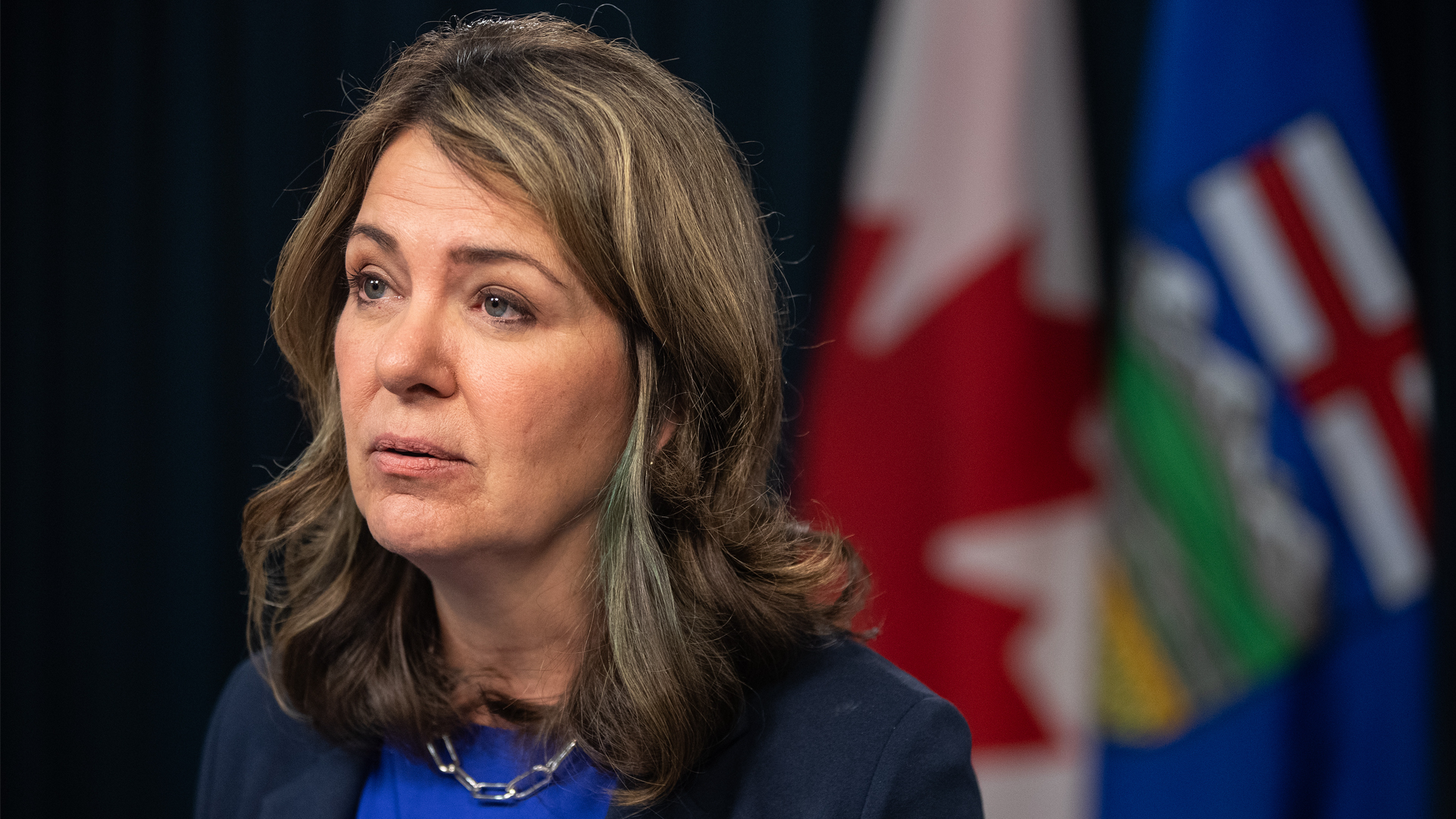
Below is a slightly expanded version of a list of practical advice for new political staffers that I first posted on Twitter in advance of the announcement of Prime Minister Justin Trudeau’s new cabinet on November 20. Some of these points are wisdom passed on to me by colleagues and mentors, others come from my own professional experience in government and more recently as a professor working with a new generation of political professionals. Following a surprisingly positive response from politicos of many different stripes, here I’ve expanded the list to include smart additions from others who contributed their wisdom.
1) Pick up the phone and call your counterparts in other parties and in provincial offices. Call just to say “hi, I’m looking forward to working with you.” Also, invite them out for a coffee (when you’re in the same town). At that informal meeting, be the kind of person they will want to have coffee with again. These cross-party and inter-governmental relationships can make a world of difference when your boss needs to work with counterparts.
2) Do the same thing with stakeholders who have an interest in your policy portfolio (whether you work for a minister or an opposition critic). But do this with care. Lots of groups will actively reach out to meet with you, and you can learn a lot from them. Also take time to reach out beyond the usual suspects to the people who aren’t in Ottawa and can’t easily fly there for a lobby day. Call them on the phone. Again, make this the kind of conversation they will want to have again, freely and genuinely. Ask them how they think things in your portfolio are going. By building better relationships with stakeholders, you’ll learn more and you’ll also be more effective for your boss.
3) Have an in-office plan for a “depth of 2” on any file. This means sharing information so that at least two people in the office are well-apprised of a given issue. You’ll be able to cover for each other fairly seamlessly when someone gets sick, or is away, or gets burnt-out (this will happen – see points 5 and 6 below).
4) Read up on parliamentary procedures, even if you are not the legislative assistant or director of parliamentary affairs. Here are links for the House and the Senate. You don’t need to be an expert, but you should have some understanding of the rules, especially in a minority, when parliamentary business is more likely to be contested.
5) Plan ahead for your health and well-being while in this job. You cannot do the job if you are unhealthy or unwell, and it is your responsibility to take care of yourself. This might mean different things for different people. Find what works for you.
6) Make time to see the people who are and were your friends before politics. They are important. Also, see your family and be truly present when you are with them. They are extra important. These are the people who need you and value you whether your party is up or down.
7) If you are in a ministerial office, take the time to learn about your department and the people in it. Public servants really are not out to get you and they don’t report to you. Who writes the notes you see and who signs off on them? You are all working, in different ways, to support the person who is ultimately responsible and makes the decisions – your minister. Whether you work for the governing party or the opposition, never yell, insult or be condescending with non-partisan public officials. Your behavior reflects on your boss (who will be held responsible for your conduct). Your relationships and reputation are what make it possible to be effective.
8) If you can, set aside a little money in a flexible (liquid) but higher (as much as possible these days) interest-bearing account. Your current livelihood is uncertain and cannot be planned the way some other careers can – especially not in a minority government situation. You are at the mercy of events and often subject to post-employment restrictions. Buy your future self some time to think and pick a next path when it is time to leave.
9) Come to work each and every day humbled by the institutions you serve and try to leave them a little better than you found them. Never forget that it is a privilege to be able to contribute, in any way, to the governance of our country.
10) Admit honestly what you don’t know. Never ever freelance (presenting a view or request that doesn’t accurately reflect your boss’ position) because your personal policy views are, frankly, largely unimportant. If you haven’t persuaded your boss, that’s on you.
11) Reach out to academics and other researchers who have deep expertise in specific areas. We are usually pretty happy to talk to anyone about what we know, and are sophisticated enough to understand you won’t always follow our advice. But, remember, outside experts don’t work for you and aren’t rewarded at work for helping you out.
11) Ask others for help. Find a mentor and be available as one to others who come after you.
Bon courage.
Photo: Shutterfly/By Rawpixel.com
Do you have something to say about the article you just read? Be part of the Policy Options discussion, and send in your own submission. Here is a link on how to do it. | Souhaitez-vous réagir à cet article ? Joignez-vous aux débats d’Options politiques et soumettez-nous votre texte en suivant ces directives.







